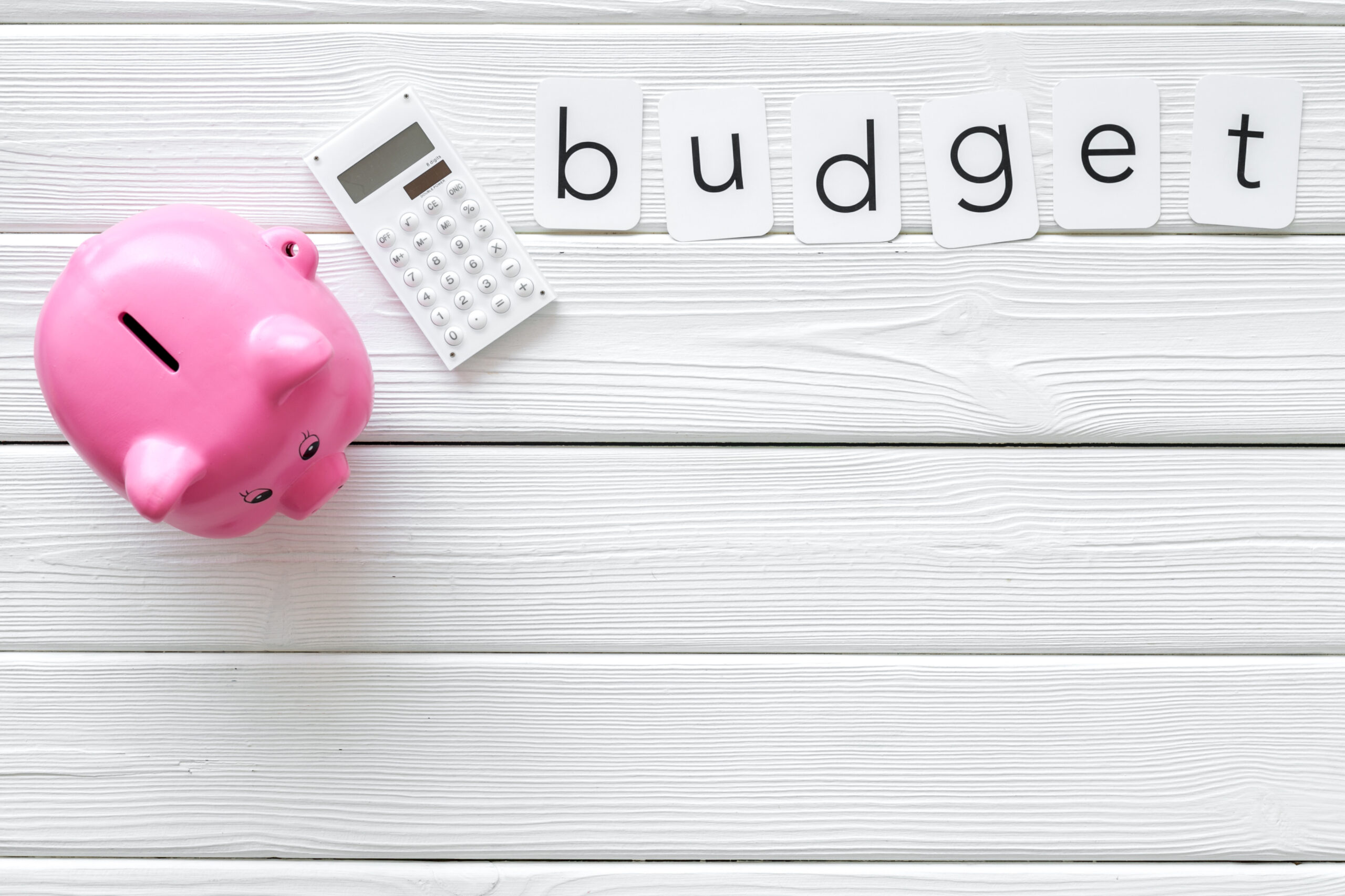
Creating a budget is an essential skill for managing your finances effectively. By planning your spending and saving strategically, you can ensure that your money works for you and not the other way around. Here’s a comprehensive guide to help you create a budget for smart spending.
Understand Your Income
The first step in creating a budget is understanding your total income. This includes your salary, any side hustles, investments, or other sources of revenue. Knowing your total income allows you to plan your expenditures without overestimating your financial capabilities.
Track Your Expenses
Before you can set a realistic budget, you need to know where your money is currently going. Track all your expenses for a month, including small purchases that might seem insignificant. This will give you a clear picture of your spending habits and highlight areas where you can cut back.
Categorize Your Spending
Once you have tracked your expenses, categorize them into groups such as housing, food, transportation, entertainment, and savings. Categorizing your spending helps you identify which areas take up most of your income and where adjustments can be made. This step is crucial for creating a balanced budget.
Set Financial Goals

Setting clear financial goals provides direction and motivation for sticking to your budget. Your goals can be short-term, like saving for a vacation, or long-term, such as buying a house or retiring early. Having specific objectives helps you prioritize your spending and saving habits.
Create a Budget Plan
With your income, expenses, and financial goals in mind, create a budget plan that allocates your income to different categories. Ensure that your plan includes a portion for savings and emergency funds. A well-structured budget should leave room for both essential expenses and discretionary spending.
Monitor and Adjust Your Budget
A budget is not a set-it-and-forget-it tool; it requires regular monitoring and adjustments. Review your budget monthly to compare your actual spending against your planned budget. If you find discrepancies, adjust your spending or revise your budget to make it more realistic.
Use Budgeting Tools
There are numerous budgeting tools and apps available that can simplify the process of tracking expenses and managing your budget. Tools like Mint, YNAB (You Need a Budget), and PocketGuard can help you stay on top of your finances with minimal effort. Leveraging technology can make budgeting less tedious and more accurate.
Benefits of Smart Spending
Smart spending goes beyond just saving money; it improves your overall financial health. By spending wisely, you can avoid debt, build a savings cushion, and invest in your future. Smart spending habits lead to financial stability and peace of mind.
Tips for Sticking to Your Budget
Sticking to a budget can be challenging, but certain strategies can help. Set up automatic transfers to your savings account, avoid impulse purchases by making a shopping list, and review your financial goals regularly to stay motivated. These small steps can reinforce your commitment to smart spending.
Final Thoughts on Budgeting for Smart Spending
Creating a budget for smart spending requires effort and discipline, but the rewards are well worth it. By understanding your income, tracking your expenses, and setting realistic goals, you can manage your finances effectively. Regularly monitoring and adjusting your budget ensures it remains a useful tool in achieving your financial objectives.

Latrice is a dedicated professional with a rich background in social work, complemented by an Associate Degree in the field. Her journey has been uniquely shaped by the rewarding experience of being a stay-at-home mom to her two children, aged 13 and 5. This role has not only been a testament to her commitment to family but has also provided her with invaluable life lessons and insights.
As a mother, Latrice has embraced the opportunity to educate her children on essential life skills, with a special focus on financial literacy, the nuances of life, and the importance of inner peace.

Leave a Reply